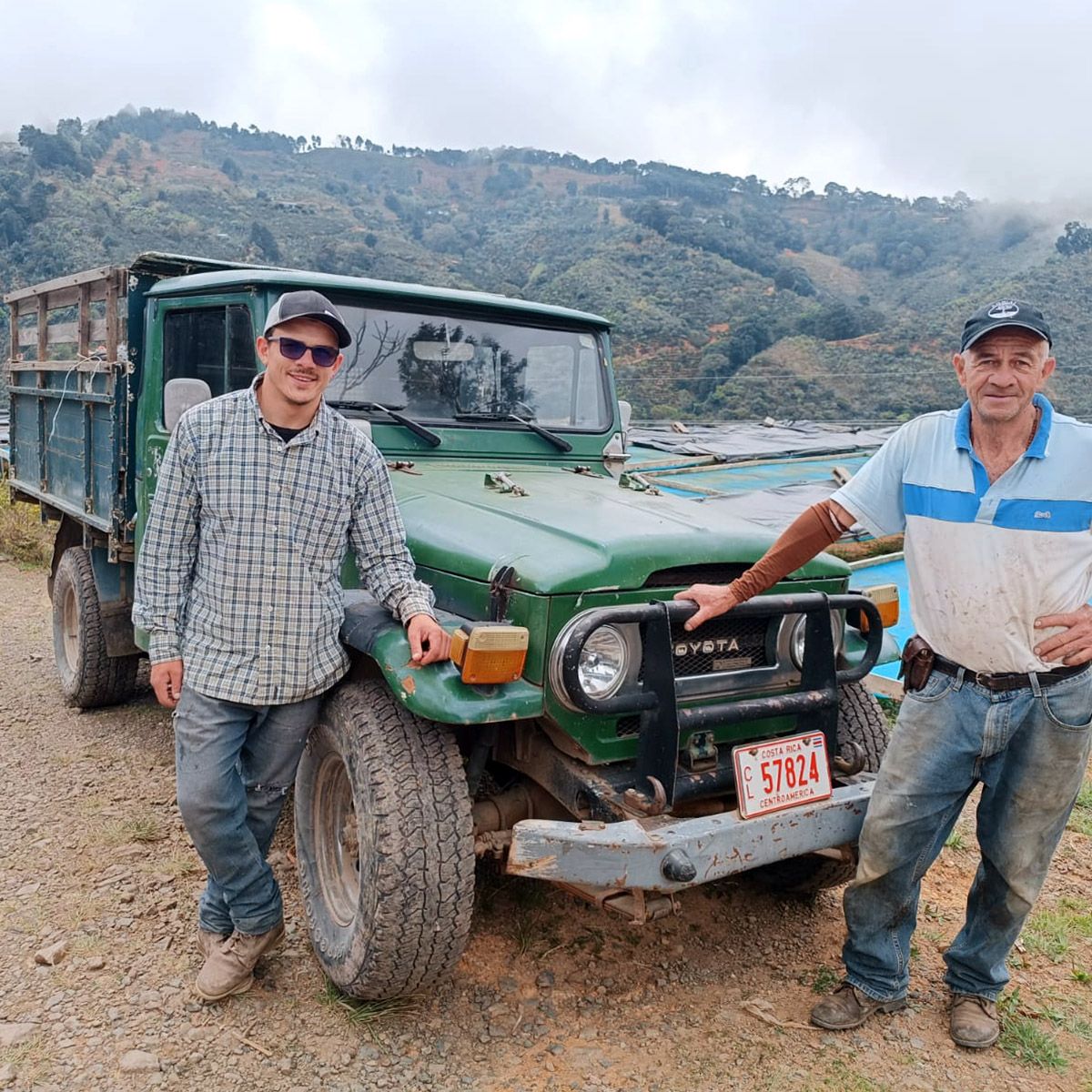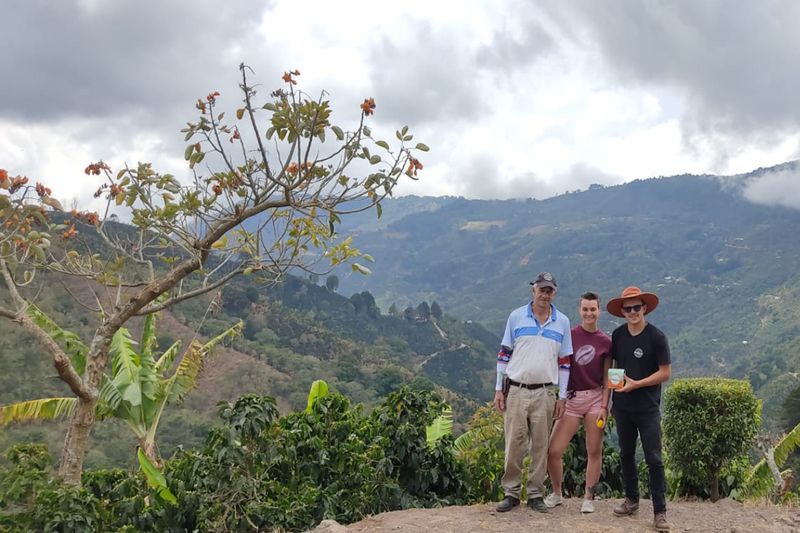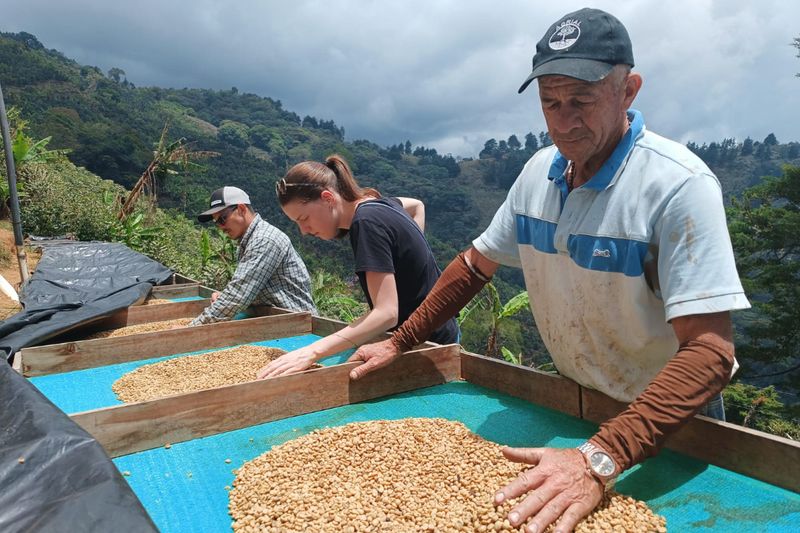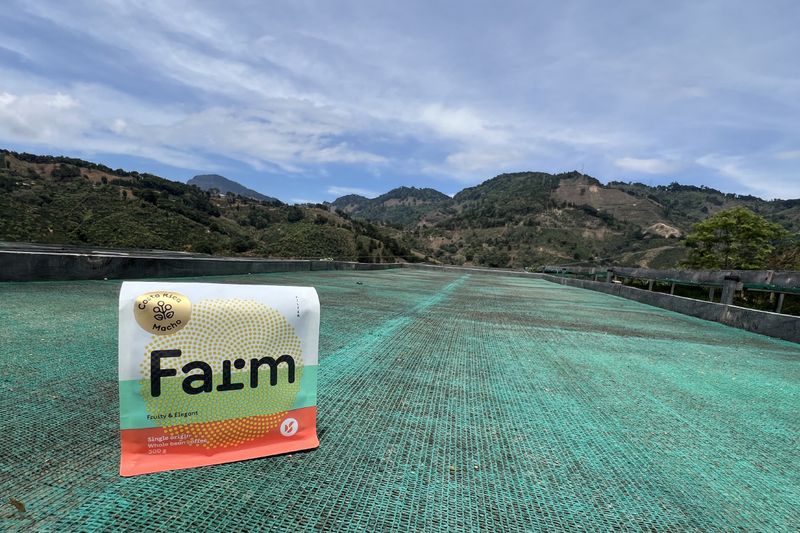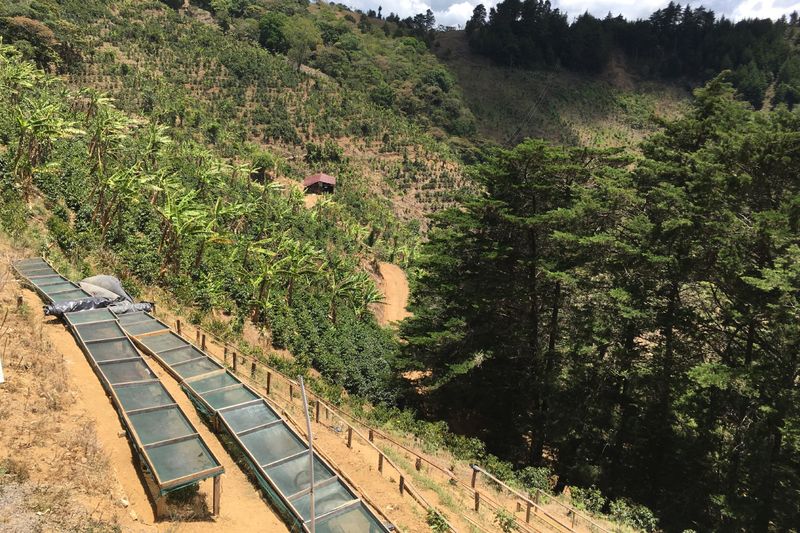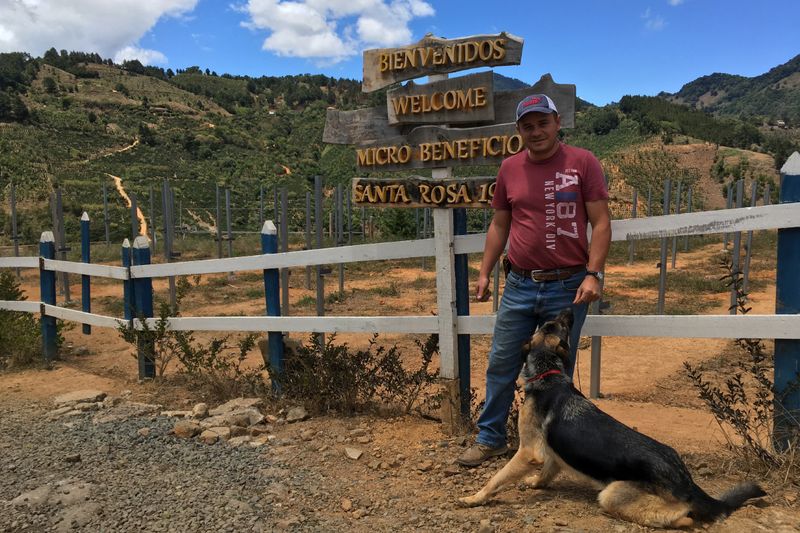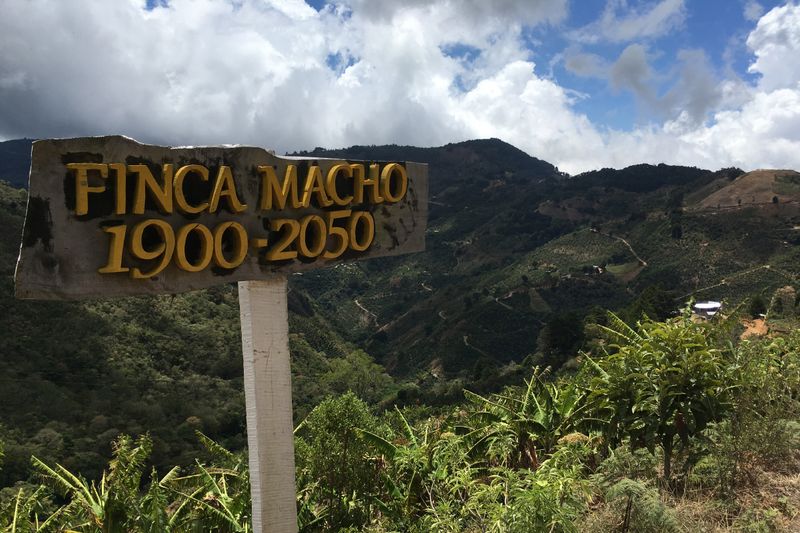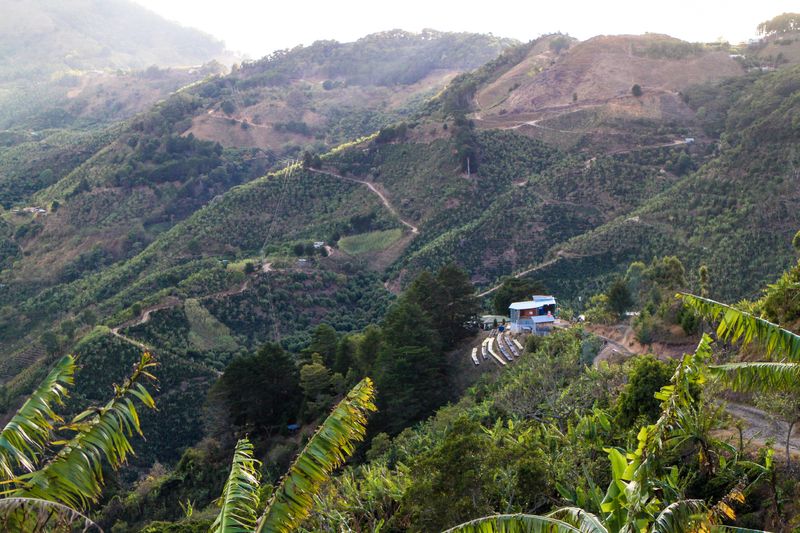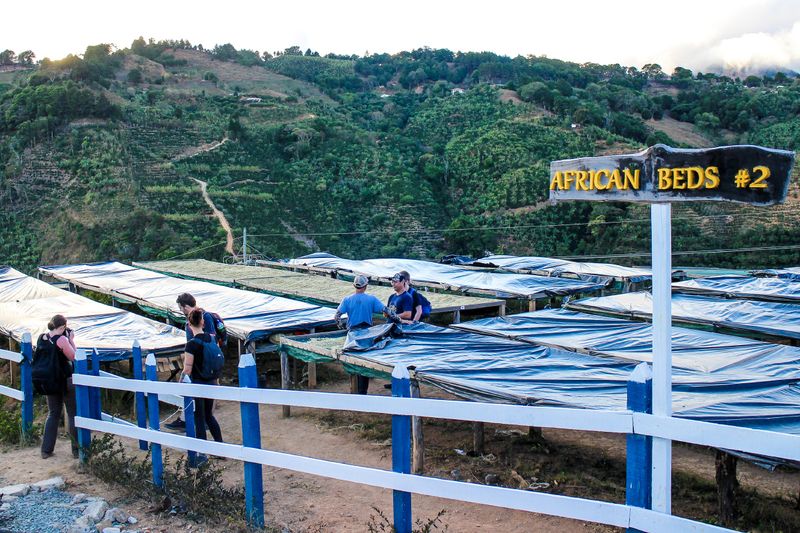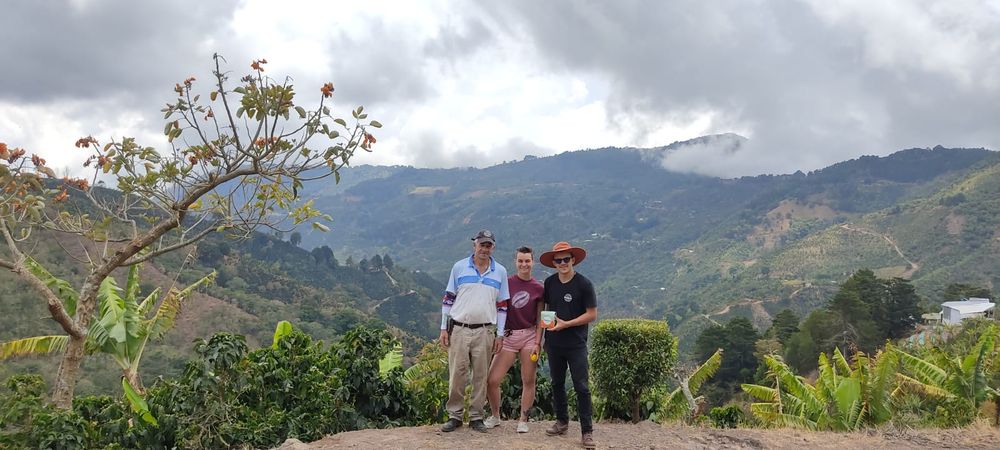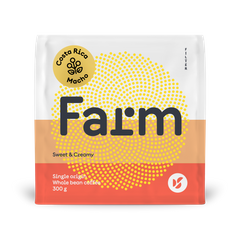Are you sure you want to perform this action?
Santa Rosa 1900
-
Farm
Santa Rosa 1900 - Macho, Evangelista, Trapiche, La Plaza, La Unión
-
Country
Costa Rica
-
Region
Santa Rosa de León Cortés, Tarrazu
-
Altitude
1900 - 2000 masl
-
Varieties
Caturra, Villa Sarchi, Geisha, Typica, Mokka, Bourbon, SL 28
-
Crop
January - March
-
Cooperation
Since 2013
